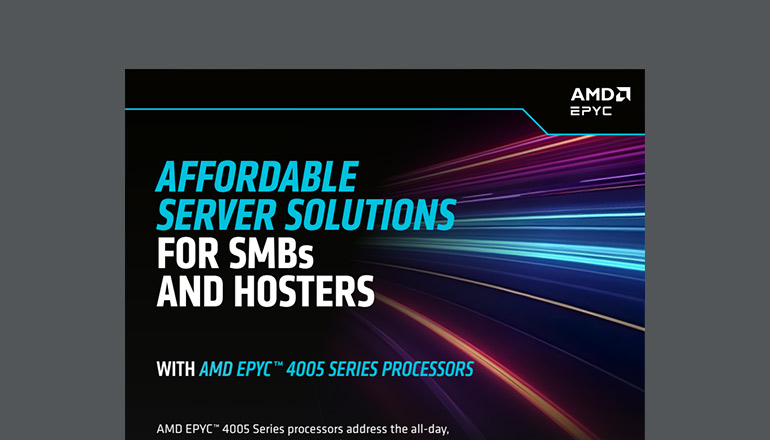Blog
Hyperconverged Infrastructure:
The Key to Data Valuation
Embrace change or get left behind. That has long been the consequence for hesitancy in adopting new technology.
By Alex Valenzuela / 14 May 2019 / Topics: Data center

This is part 1 of a 3-part blog series. Read Part 2: Creating a Successful Path to Hyperconverged Infrastructure. Read Part 3: Deployment Checklist: Achieving Hyperconverged Infrastructure.
That mantra is especially true for data center transformation, where the way infrastructure is deployed and consumed can dramatically improve your organization’s ability to meet new business demands.
Speed and automation are critical in today’s IT environment: speed in delivering data to end users, developing new items and updating existing items — and automating the operational piece to support the acceleration.
Embracing technologies such as the cloud, hyperconverged infrastructure, converged infrastructure or software-defined data center architecture can be a good place to start. Investing in any of these options offers numerous benefits, including:
- Increased memory
- Maximum performance
- Improved endurance and scalability
- Optimized cloud architecture
- Enterprise-ready security
A deeper dive: Running your workloads smarter can maximize efficiency and help you scale easily.
A foundation for modernization
Hyperconverged Infrastructure (HCI), the latest innovation in infrastructure technology, combines multiple IT components — virtualization, network, computing and software — into one appliance and dashboard. In doing so, it provides a storage solution that can bridge the gap between outdated IT and a modern environment.
HCI is transforming the ways businesses operate by simplifying maintenance, reducing total cost of ownership and increasing IT agility — without decreasing performance. Today’s modern workplace must be agile to meet evolving business challenges. By updating to HCI, you can:
- Reduce total cost of ownership: Consolidating your organization’s data center with hyperconverged infrastructure decreases operating costs related to power, cooling and square footage.
- Streamline management: Hyperconvergence radically simplifies virtual infrastructure, accelerating deployment of new applications and services that support your business.
- Deploy virtual machines quickly: Using technologies such as flash storage, deduplication and hypervisors, HCI supports diverse workloads — from virtual desktops to critical applications.
The solutions from HCI leaders, like Dell Technologies, offer optimized deployment, provisioning, scaling and ongoing administration for all environments: physical, virtual and cloud. And, endpoint management and virtualization solutions give you the flexibility to focus on your high priorities.
To keep a competitive edge, not only must you modernize your data center, but you also need to understand the value of your business data and be able to turn that data into actionable insights. HCI empowers you to do exactly that.
Understanding data valuation
Every business must constantly look at costs versus value added. What is gained for what has been paid for? Simple balance sheets have the usual metrics, but data as a value is rarely included — even though it’s used in almost every transaction.
Rather than looking at the cost of a data center refresh, it’s important to evaluate the cost of legacy data management, IT maintenance, and the potential cost of a data breach or loss. Weighed against new technologies, the elimination of unnecessary expenses often overshadows those of updating data center technology.
Comparing costs: Your legacy architecture may cost your business more than you think. Get the bigger picture in this article.
Partner for success.
Although implementing data technologies and strategies using internal resources may lower your costs in the short term, it’s common for problems or obstacles to surface during implementation. Running into trouble mid-project can cause major delays and consume precious time and effort while putting a massive burden on IT teams.
If IT teams are focused on data center implementation troubleshooting, they’re often unable to respond to other technology issues. This may cause lapses in security measures and leave organizations vulnerable to threats.
Working with a partner that specializes in data center modernization, such as Insight, will shorten the project duration, reduce downtime and avoid pitfalls common in do-it-yourself implementation. A partner will also be able to provide supplemental support after the implementation is complete.




